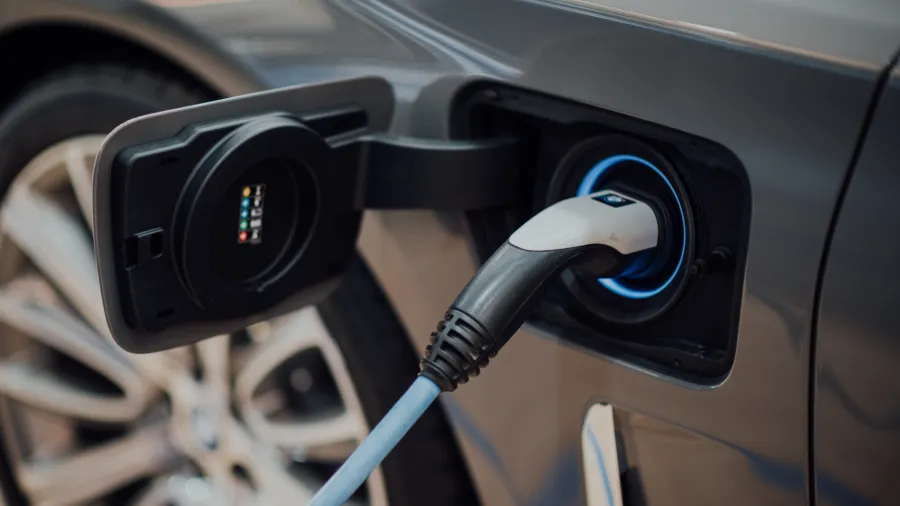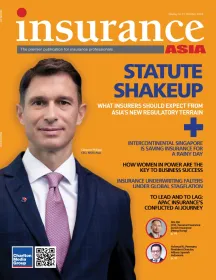
International Union of Marine Insurance release advice on proper handling of EVs
The report is to advise on early fire detection and quick solutions.
The International Union of Marine Insurance (IUWMI) released recommendations for best practices of electric vehicles (EVs) to emphasise the critical importance of early fire detection and swift response to minimise fire-related risks aboard vessels carrying new energy vehicles.
To address these concerns, the International Union of Marine Insurance (IUMI) has conducted research and issued safety recommendations for transporting EVs.
Research indicates that there is only a slight disparity in the total energy released during an EV fire compared to one involving an internal combustion engine vehicle (ICEV).
Vehicle fires are primarily fueled by car body and interior components rather than the propulsion system, accounting for approximately 80% of cases.
However, EVs carry a unique risk of thermal runaway, an unstable battery reaction that complicates firefighting efforts. To counteract this, rapid implementation of measures like boundary cooling is essential, and the risk of re-ignition remains elevated for an extended period.
ALSO READ: Manulife HK to distribute QBE’s new fire insurance
IUMI's paper distinguishes between roll-on/roll-off vessels and pure car and truck carriers (PCTCs).
Roll-on/roll-off (Roro) vessels often store cars on open decks, where firefighting is more challenging due to airflow.
Ropax vessels, which carry passengers, introduce additional concerns, such as onboard charging demands and the potential loading of older, less safe cars. In contrast, PCTCs typically tightly pack vehicles, limiting emergency access and facilitating fire spread.
In conclusion, IUMI emphasises the following key points:
- Swift detection and verification of fires are paramount, with options like thermal imaging cameras and AI-powered systems considered alongside traditional systems.
- Drencher systems are effective for fighting fires on both roll-on/roll-off (RORO) and roll-on/passenger (ROPAX) vessels, whether involving electric vehicles (EVs) or internal combustion engine vehicles (ICEVs). These should be complemented by video monitoring systems.
- Carbon dioxide (CO2) extinguishing systems are successful in tackling fires on pure car and truck carriers (PCTCs) and should have their capacity doubled. High-expansion foam extinguishing systems are also proven to prevent heat transfer between vehicles.
- On PCTCs, fixed firefighting systems should always be deployed before manual firefighting is initiated.
- A clear cargo acceptance policy is essential, with thorough inspections of used vehicles to uncover hidden damage.
- Charging of EVs on ROPAX vessels can be considered with appropriate risk assessments and control measures, as EV safety mechanisms are typically activated during charging.



















 Advertise
Advertise


